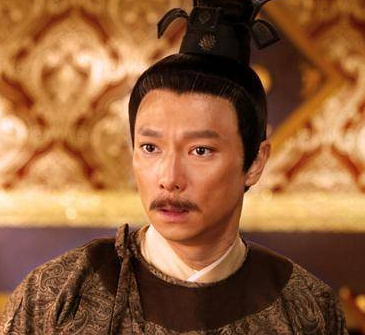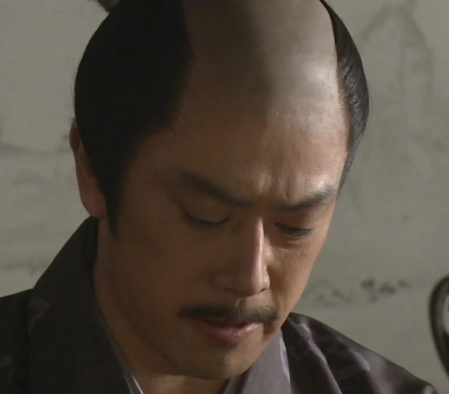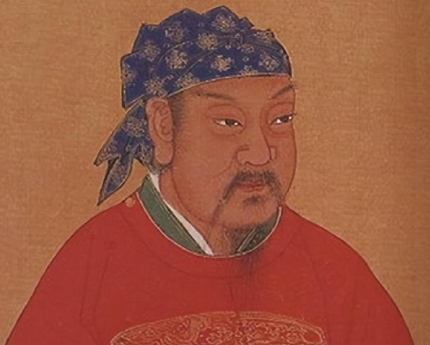The issue of succession to the throne of Emperor Tang Gaozu Li Yuan has always been a focus of attention for historians and researchers. Why did Emperor Tang Gaozu Li Yuan not pass the throne to the crown prince during his reign, but instead directly cede it to his second son Li Shimin? What historical stories and underlying reasons are hidden behind this?

Firstly, we need to understand the pattern of the royal family at that time. When Emperor Tang Gaozu Li Yuan established the Tang Dynasty, his eldest son Li Jiancheng was named the crown prince, while his second son Li Shimin served as the King of Qin. However, over time, Li Shimin's military achievements gradually surpassed Li Jiancheng, leading to a gradual rise in his status and prestige in the court. This made Li Jiancheng feel threatened and pressured, leading to conflicts and disputes with Li Shimin.
Secondly, we need to consider the social background and political environment at that time. In the early years of the Tang Dynasty, the country had just been unified, and the political situation was not yet stable. In this context, Li Yuan may have believed that a strong ruler was needed to consolidate the country's unity and stability. Among the political landscape at that time, Li Shimin was undoubtedly a more suitable candidate. His military skills, political wisdom, and ability to grasp the overall situation of the country were widely recognized.
In addition, we also need to pay attention to the court intrigues and power balances at that time. As Li Shimin rose to power, the conflict between him and Li Jiancheng became increasingly sharp. To maintain the stability of the royal family and avoid civil strife, Li Yuan may have believed that ceding the throne to Li Shimin was a better choice. This could ensure the long-term stability of the country and avoid conflicts and killings between brothers.
In summary, the reasons why Emperor Tang Gaozu Li Yuan ceded the throne to Li Shimin instead of appointing him as the crown prince mainly include the following: first, Li Shimin's military achievements and prestige gradually surpassed Li Jiancheng; second, the social background and political environment at that time required a strong ruler to consolidate the country's unity and stability; third, to avoid conflicts and disputes within the royal family and maintain national stability. However, the truth of history is often more complex than what appears on the surface. Whether there are other unknown reasons and stories behind this event still deserves further exploration and research.
Disclaimer: The above content is sourced from the internet and the copyright belongs to the original author. If there is any infringement of your original copyright, please inform us and we will delete the relevant content as soon as possible.
































